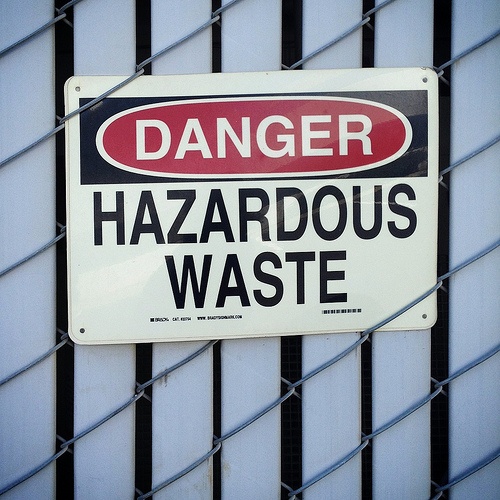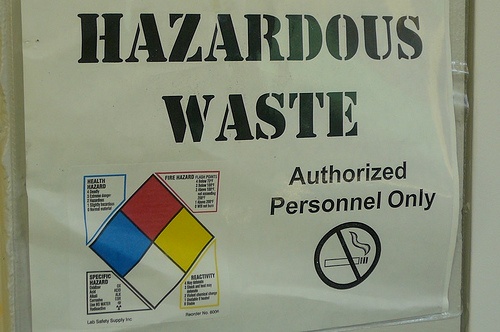Activists and politicians have long argued that potential punishments might be treated as a cost of doing business, and if that cost is low enough compared with the cost of compliance that some organizations may choose to ignore the requirements and take their chances. This possibility grows over time, if nominal penalty levels are left unchanged while inflation effectively reduces them.
To counteract inflationary erosion of these the effects of inflation, for the past quarter century U.S. federal law has directed most agencies to make periodic “cost of living” adjustments to maximum available civil penalty levels (there are no provisions for standing periodic adjustments to criminal penalties). The first version of this approach was enacted by the Federal Civil Penalties Inflation Adjustment Act of 1990, which directed the President to report annually on any adjustments made under existing statutory authority, and to calculate what such adjustments would have been if more agencies had the authority to make them.
How Has The Act Worked Since 1996?
Congress amended the Act in 1996 to authorize and require most agencies to make inflation adjustments every four years. The exceptions precluded cost of living adjustments to penalties under the following:
Read More









 For more than 25 years, I’ve taught one of the core required courses in the Hazardous Materials Management Certificate program offered by University of California Santa Cruz Extension (UCSC-Ex). The program is intended to provide professionals with a solid foundation in the principles, regulations, and technologies required to manage hazardous materials and hazardous waste. In my course–the Regulatory Framework for Toxic and Hazardous Materials–I provide overviews of:
For more than 25 years, I’ve taught one of the core required courses in the Hazardous Materials Management Certificate program offered by University of California Santa Cruz Extension (UCSC-Ex). The program is intended to provide professionals with a solid foundation in the principles, regulations, and technologies required to manage hazardous materials and hazardous waste. In my course–the Regulatory Framework for Toxic and Hazardous Materials–I provide overviews of: